Experimenting with fabrics and having fun may be important, but it is certainly not a prerequisite for becoming a successful interior designer. Will is important, but it takes a lot more to get on the field.
A successful designer has a certain everyday life in which he constantly applies knowledge and carries out a lot of activities. and “playing” with colors, shapes and fabrics can easily ruin his career.
There are many aesthetic and functional tricks that you need to know in order to become a successful designer. This article describes the basics of a design career and provides some useful tips on how to become a successful interior designer.
You need strategic communication skills
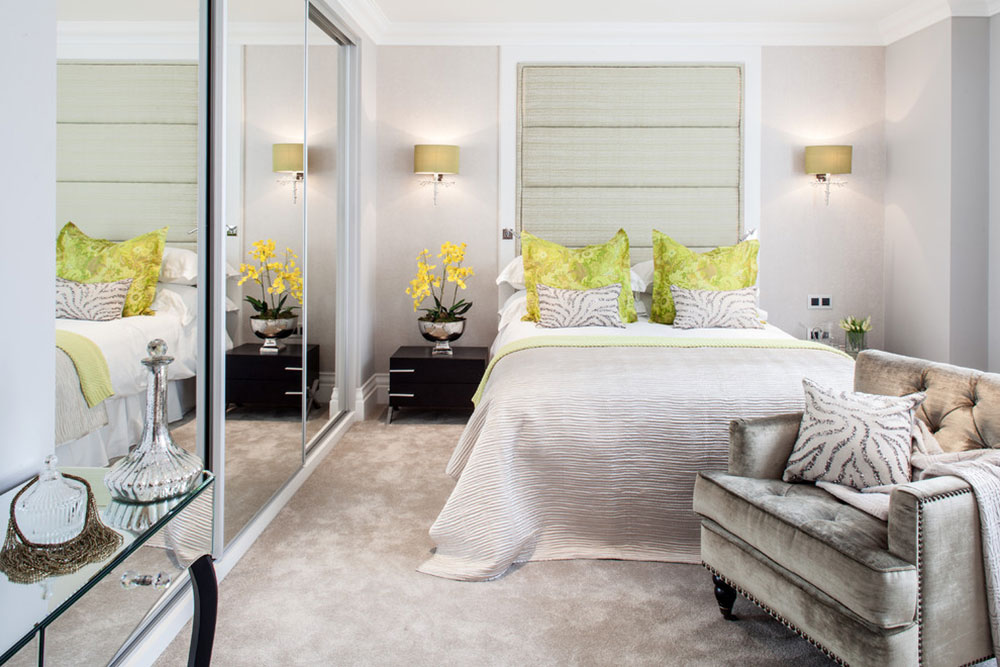 Image source: Adelina Iliev Photography
Image source: Adelina Iliev Photography
Communication is a critical factor in any job. It’s not enough to look good Interior design portfolio. You need to act as an experienced communicator, not only to come across as professional, but also because without them you will not be able to plan your work according to your client’s wants or needs. If you don’t meet expectations, you won’t be able to sell your project right away.
Therefore, instead of relying solely on your creativity, work on your communication skills and feel confident about demonstrating what you know.
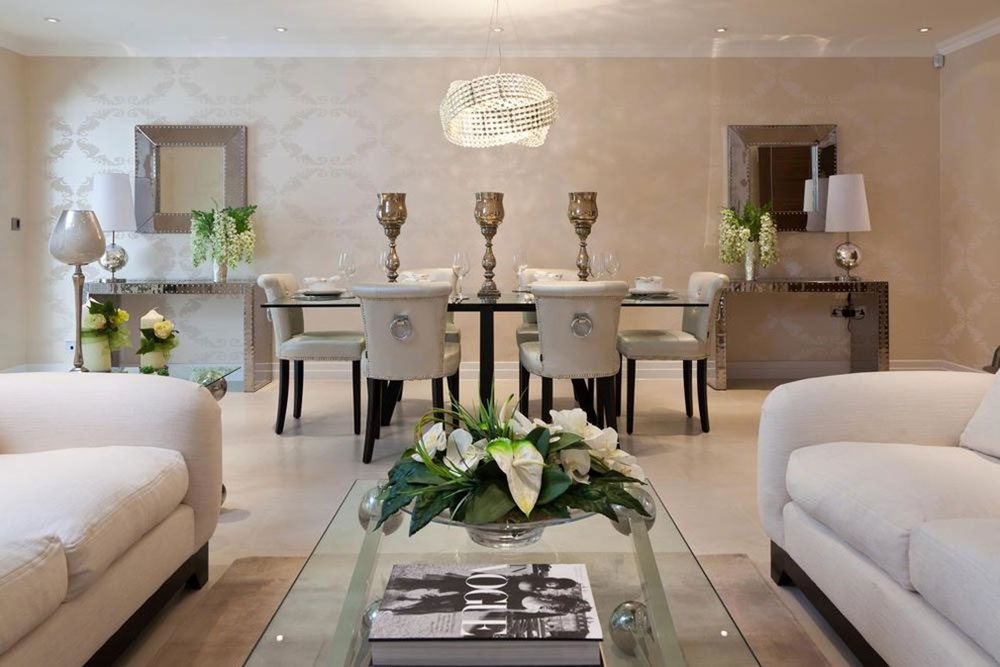 Image source: Hannah Rose Interiors
Image source: Hannah Rose Interiors
Excellent communication is at the core of quality design. You need to be clear about what your customer wants / expects, consult colleagues and build professional partnerships.
Furthermore, communication is not just about conversation: you need to be a good listener who cares about and understands their client’s goals, opportunities, and needs.
Communication will also help you figure out the personalities of the people you are working with, especially if you think their lifestyles and interests could be used to improve the project. Think of yourself as a smart detective: guess what they want before they even say it and come up with solutions that you think they would like.
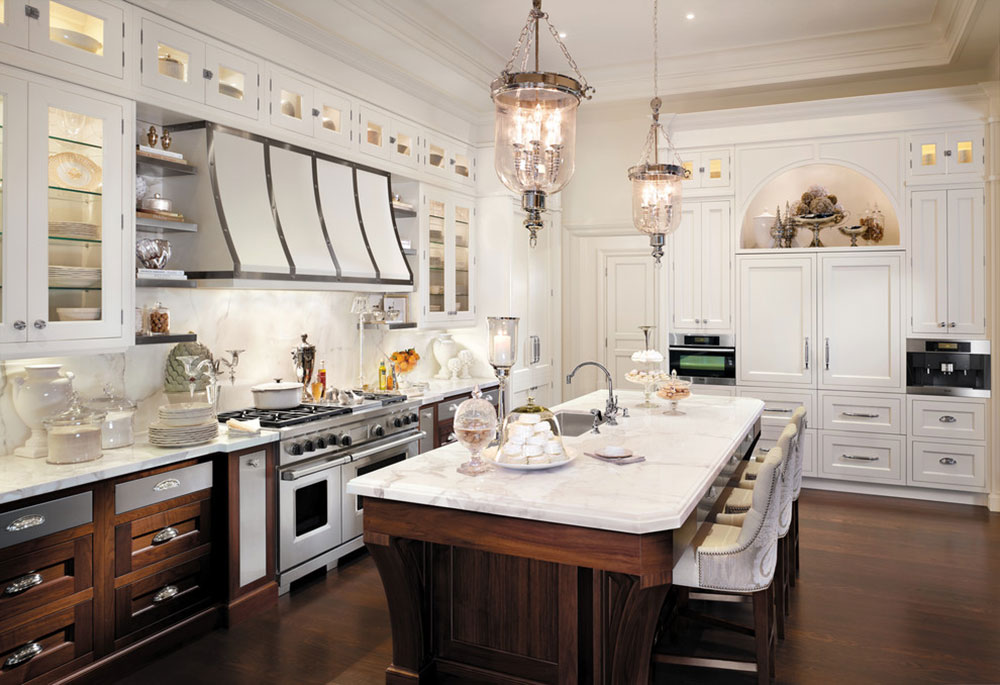 Image source: St. Clair Kitchen & Home by Antoinette Fraser
Image source: St. Clair Kitchen & Home by Antoinette Fraser
An intuitive designer is the dream of every person who cares about the look of their home. Once you have such a relationship, you will no longer have problems handling additional inquiries, requesting budget increases, or scheduling unexpected meetings.
Stay creative
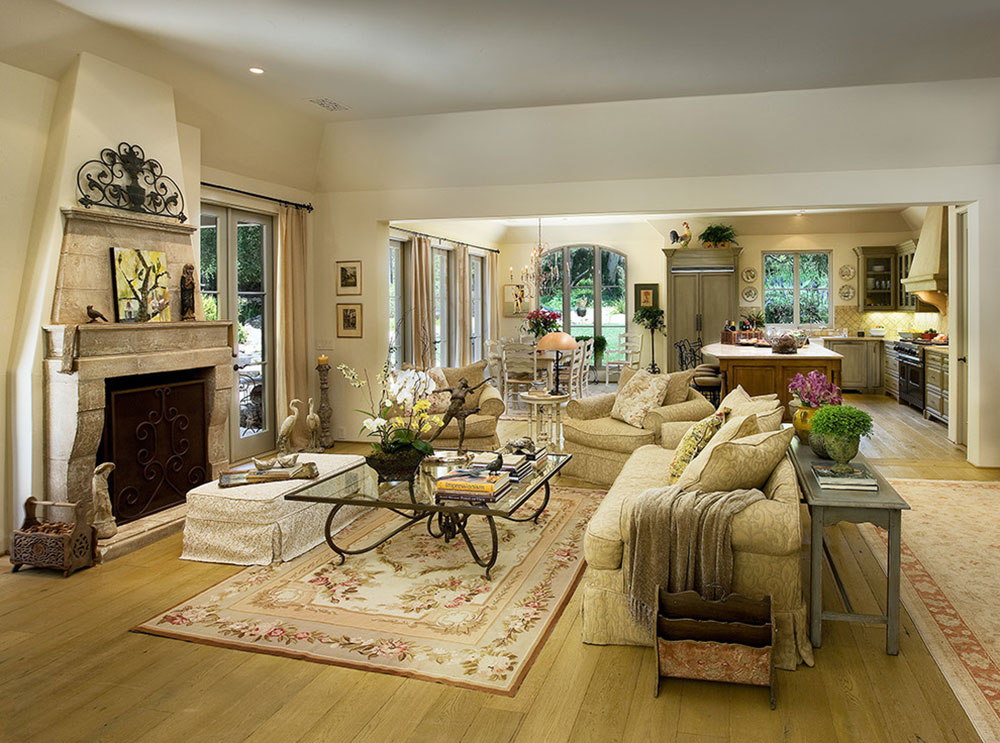 Image source: J. Grant Design Studio
Image source: J. Grant Design Studio
Creativity is the core of a successful design career. Think about it: wasn’t it the first thing that led you to this profession?
Even so, it is not easy to be creative in interior design: your task will not be as simple as choosing colors and shapes that suit you. However, you are expected to have your own vision of the client space and few suggest immediate solutions to it.
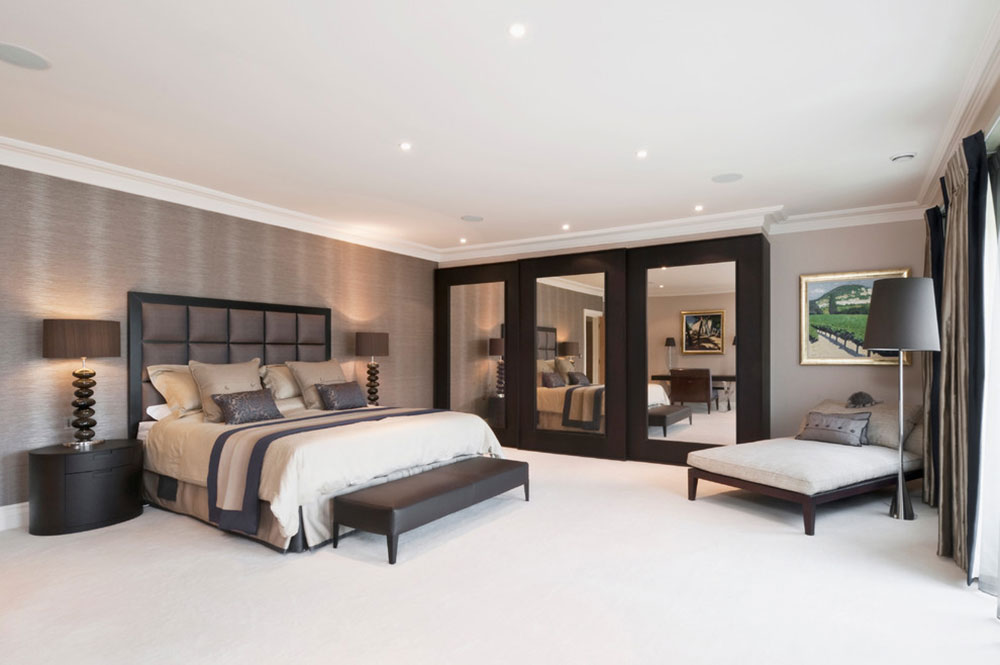 Image source: Alexandra Dixon Interiors
Image source: Alexandra Dixon Interiors
The ability is kind of “mysterious”, but it is also the greatest asset of your job. It will never stop leaving you and there will always be something new to suggest to your customers.
In short, you need to have your own interpretation of the interior design, keep an eye on trends and never stop looking for ideas.
Read customers’ minds
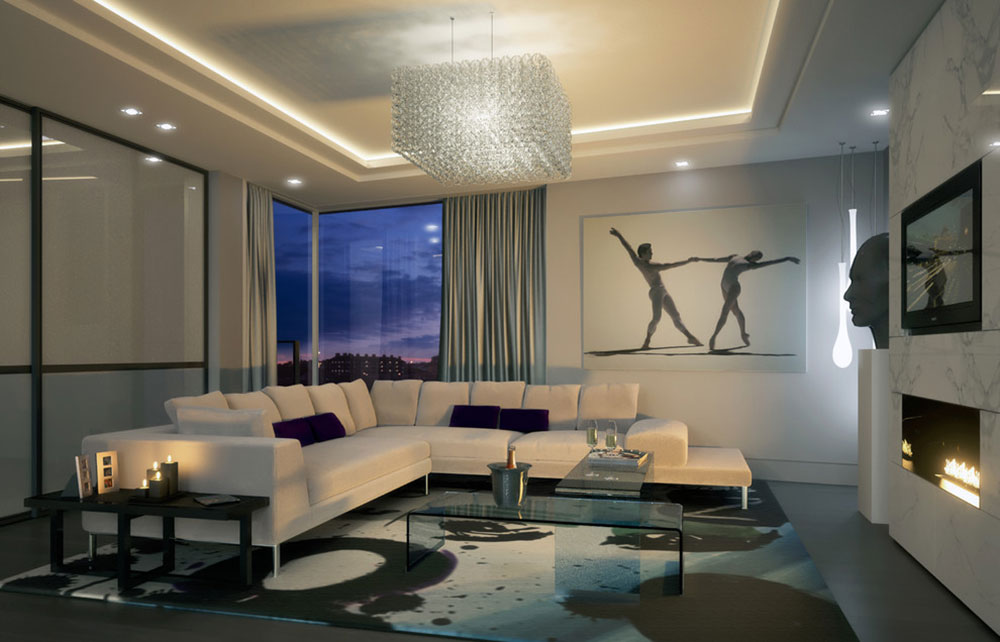 Image source: CID interior
Image source: CID interior
How familiar are you with body language? Can you tell someone that they are lying to you or that they are fidgeting nervously? Does the look on your face tell you if someone is paying attention or that they are confused and have no idea what you are talking about?
Knowing all of this may seem impossible and pointless, but being able to “read” human behavior is actually a great talent.
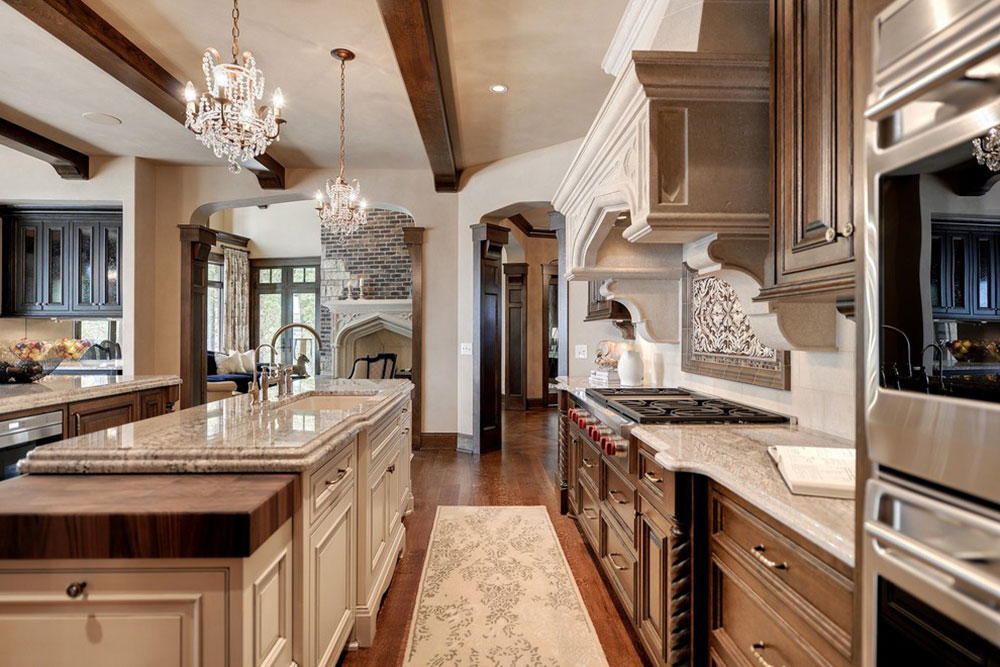 Image source: Stonewood, LLC
Image source: Stonewood, LLC
Sometimes your overall success in design or architecture depends on whether you have actually been able to convince and understand your customer. Plus, designers with estimation skills and a keen eye for detail are the top rated (and most paid for) designers.
Invest in education
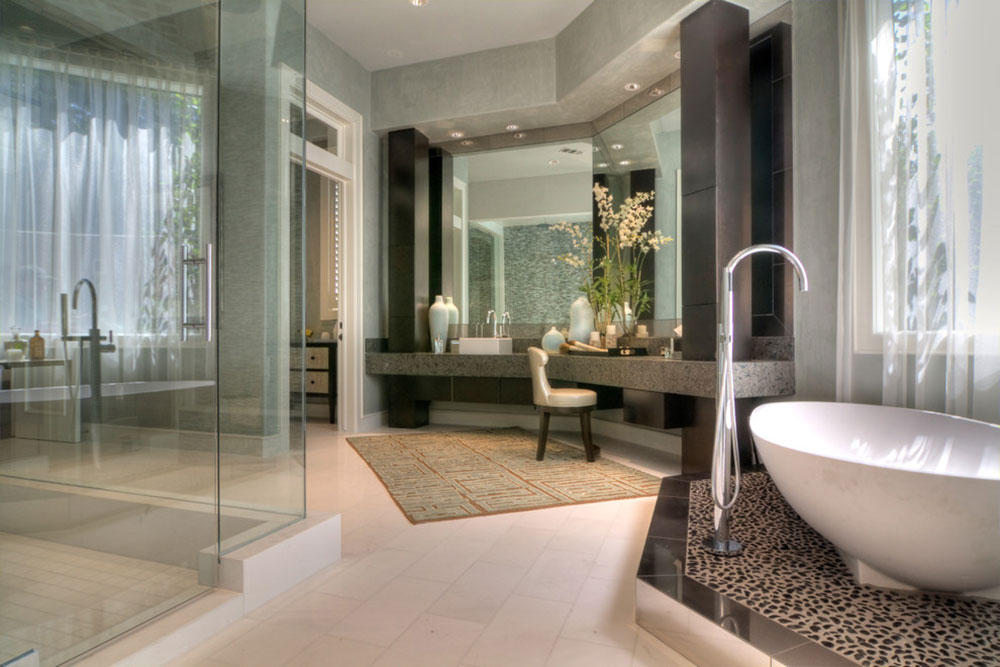 Image source: Thompson Custom Homes
Image source: Thompson Custom Homes
Without considering the few outstanding examples, high quality training is the key to a successful career as an interior designer. In addition to the mandatory four-year Bachelor of Arts, you can also consider specialty courses or an internship in a successful company with proven expertise.
As an intern, you really get to the core of a designer’s job: you apply your theoretical knowledge for practical purposes. and you can gauge how far your skills can go. Observing the work of proven designers shows the daily routine in your sphere and increases your passion for success.
Remember, a degree is worthless until you apply it.
Follow trends and be competitive
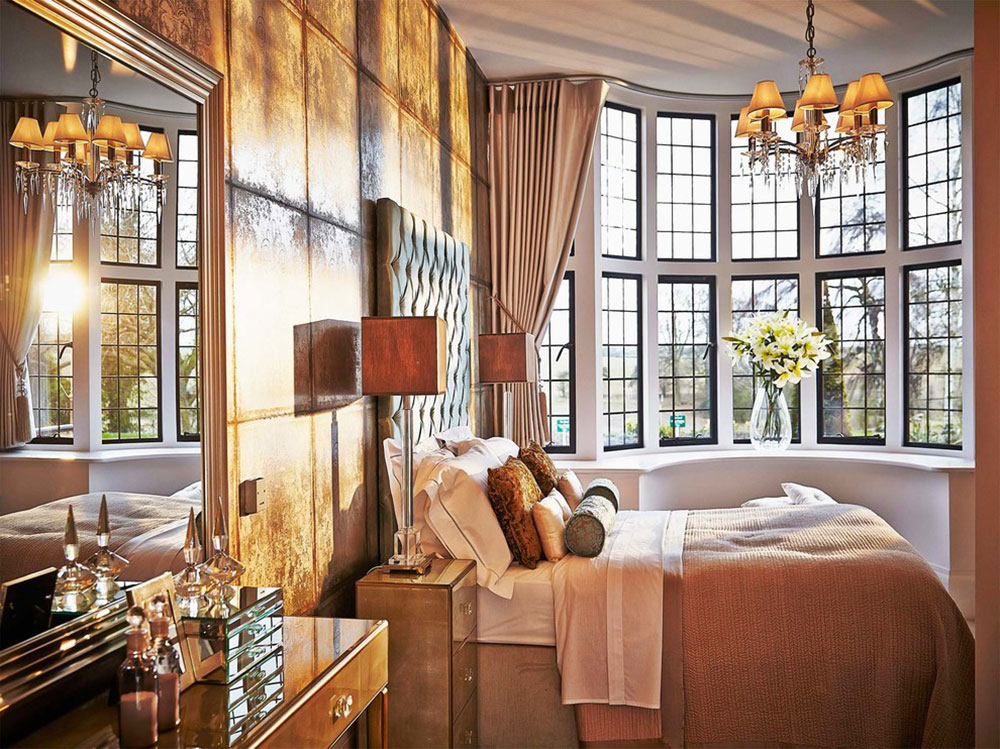 Image source: Dapa
Image source: Dapa
A great designer should never lose focus in his work, even if it means constantly making changes and keeping an eye on every innovation.
If you want to be professional, join a design association and take part in training courses and conferences. Take advantage of new technologies and take advantage of any information that could improve your work.
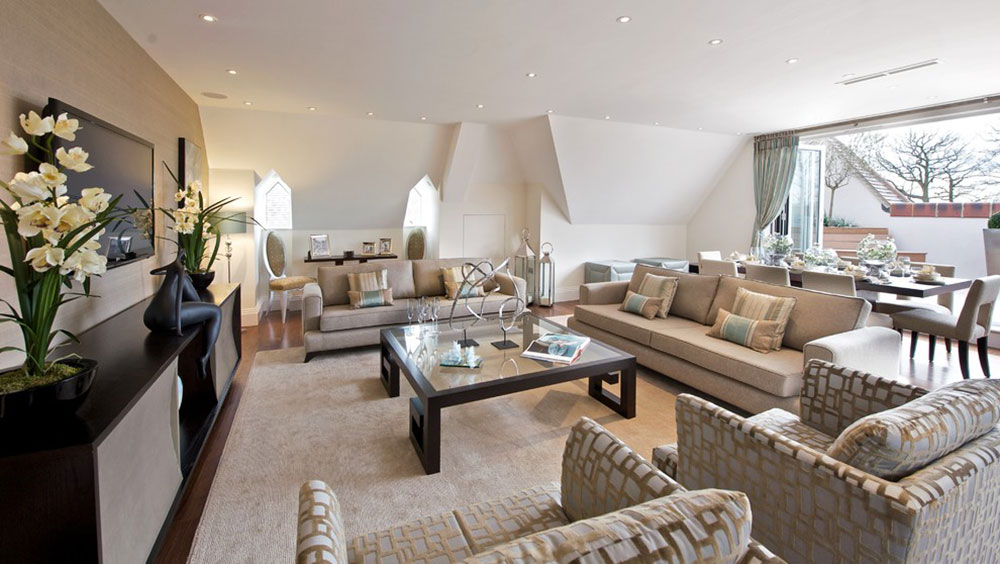 Image source: Grove Design Limited
Image source: Grove Design Limited
Social media is a powerful source of ideas these days. That is why you should make your online presence as active as possible. Promote your ideas and work wherever you can and try to adopt marketing skills (networking, blogging, branding, publishing, etc.)
Add multitasking and collaboration to your list of skills
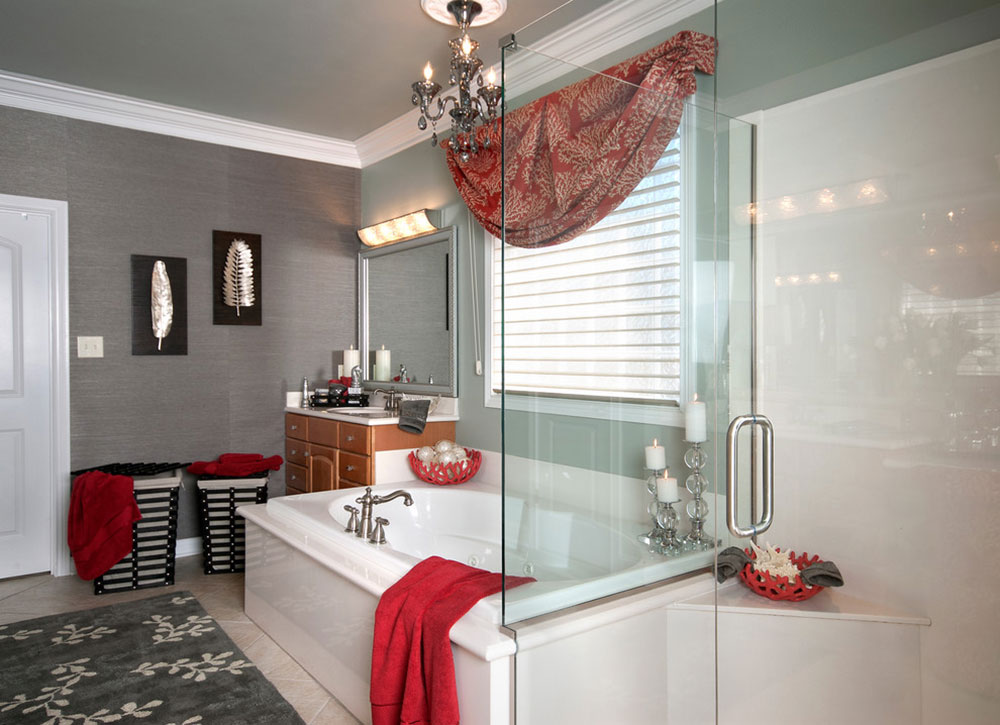 Image source: Decorating the interiors – corporate headquarters
Image source: Decorating the interiors – corporate headquarters
Interior designers have a wide range of responsibilities that are very different from planning and redesigning furniture. There are many things to focus on, which is why you need to work with experts from different fields (electricians, architects, painters, etc.).
They are expected to be in control of their projects and have a technical eye for every aspect of the job. This is exactly why people hire designers instead of buying the first interesting item in a box store.
Start with yourself
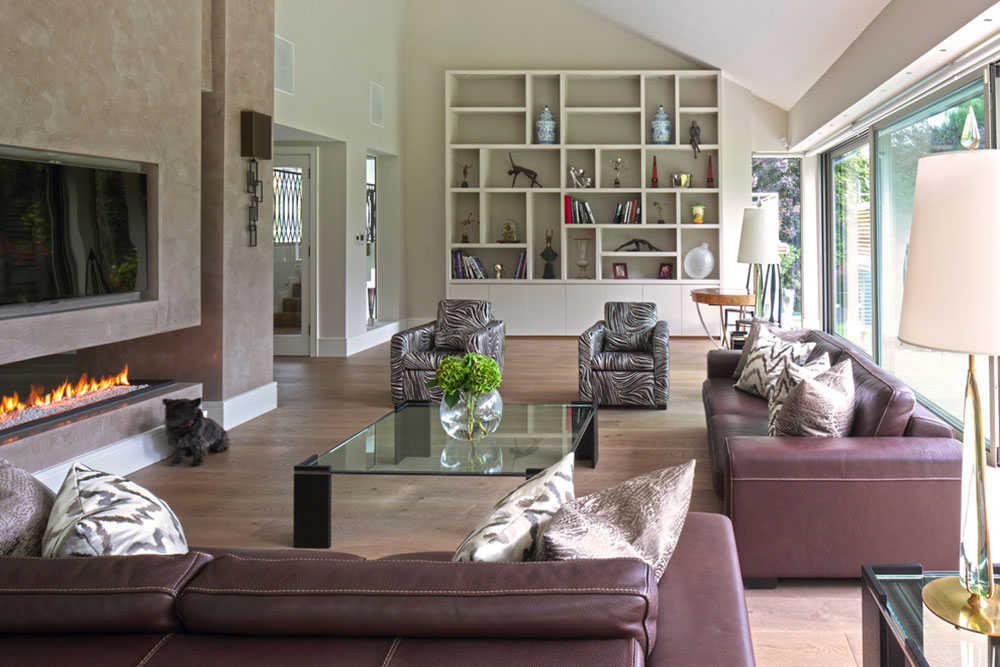 Image source: Susan Fisher Photography and dk interiors
Image source: Susan Fisher Photography and dk interiors
Do you want to design a place that evokes a certain feeling? Start with yourself! Get to know customers and try to understand what they really need.
Ask yourself if your work is really as good as it should be, and use psychology and empathy in your work.
One of the reasons designers do their job is to make people happy. There is no greater joy than seeing people love your work and creating a place that will inspire people for generations.
Be mindful of your professional ethics
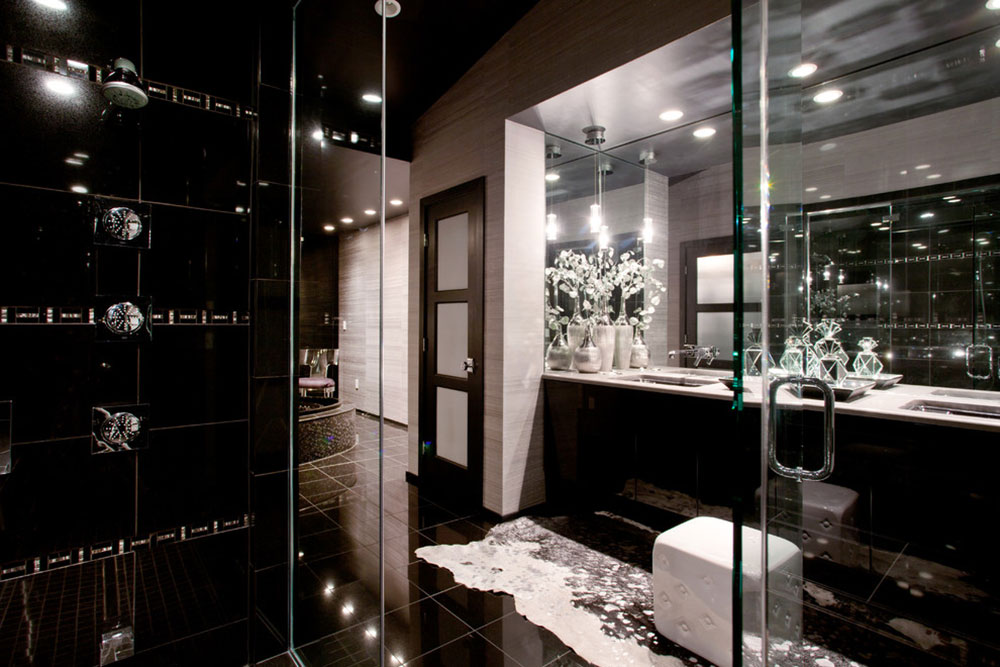 Image source: Lifetime construction
Image source: Lifetime construction
The professional ethics as we know them from business are perfectly applicable in interior design. After all, we are talking about a profession in which a person provides services. and customers obviously rely on its reputation to gauge the likely quality of what they will receive.
The golden standard that every designer strives for is to exceed customer expectations and justify their trust.
Nothing is perfect
Imperfect designs aren’t necessarily any less beautiful. For example, a room doesn’t have to be perfect to look beautiful and feel good.
First of all, you can’t add / remove interior design, but something you feel and interact with. That’s why nobody can tell you what a perfect interior is.
In addition, perfection sometimes lacks personality. It can look wonderful, but it may not make you feel at all. Perfection has a unique ability to vanish when pursued. So it’s better to try to create something that is really achievable.
It’s about details
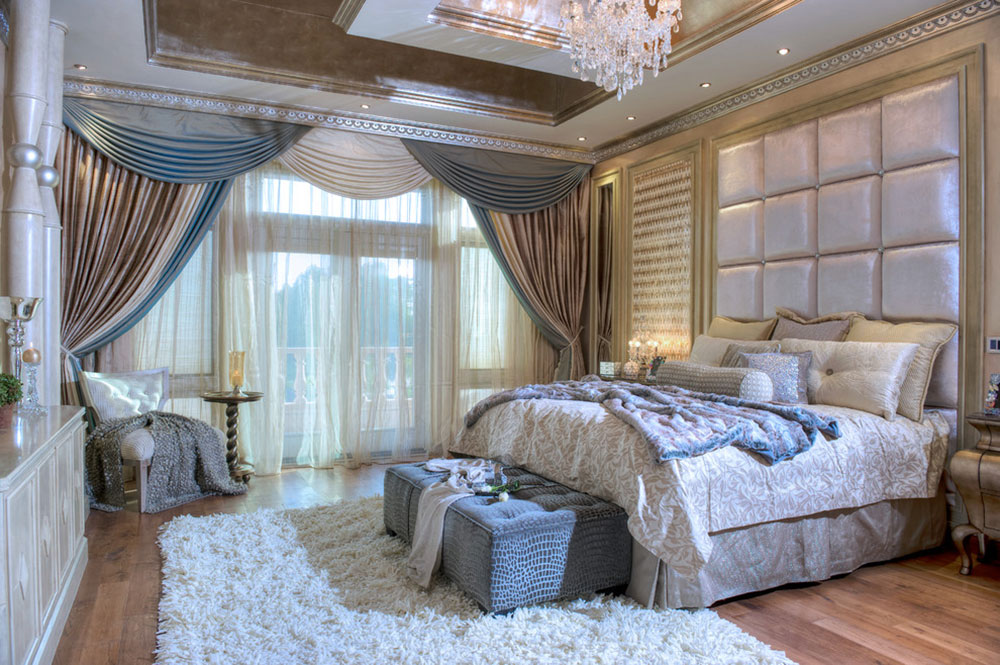 Image source: Perla Lichi Design
Image source: Perla Lichi Design
In order to design a place the way customers want it, a good designer has to pay attention to every detail. He has to be your creative advisor, responsible partner, and a project manager who knows how to turn his plans into reality.
 Flower Love
Flower Love
